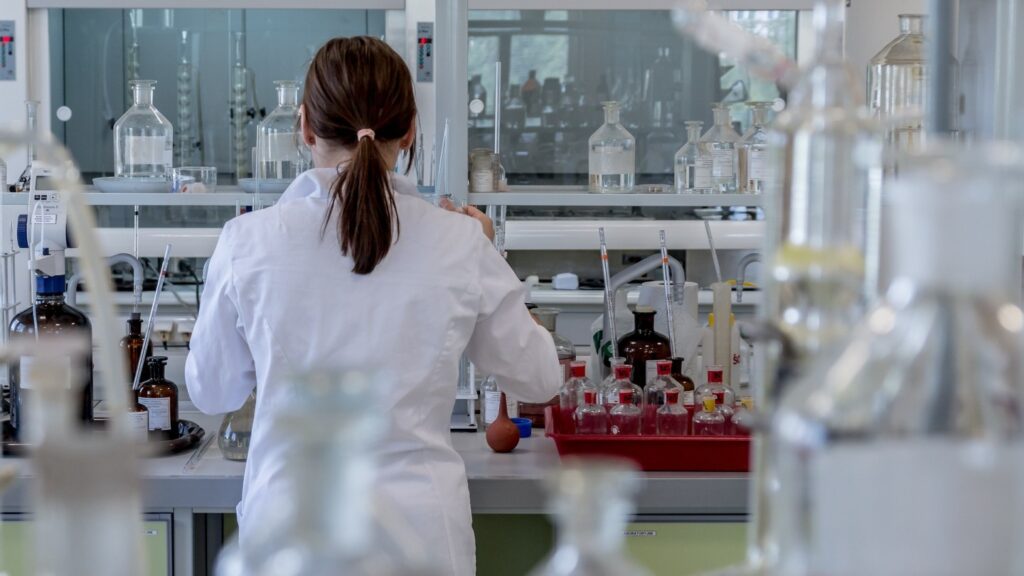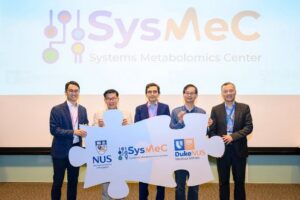Machine learning-enabled drug discovery and development company insitro has executed three agreements with Lilly to advance new treatments for metabolic diseases.

The partnership will combine insitro’s machine learning platforms with capabilities of Lilly in drug delivery and metabolic disease biology. Credit: Michal Jarmoluk from Pixabay.
Subscribe to our email newsletter
This collaboration will focus on developing new medicines for conditions such as metabolic dysfunction-associated steatotic liver disease (MASLD), utilising targets identified by insitro’s AI/ML-based platform.
The new partnership will combine insitro’s machine learning platforms for early biology discovery and Lilly’s capabilities in drug delivery and metabolic disease biology.
As per the first two agreements, insitro will have the option for in-licensing Lilly’s clinical stage GalNAc delivery technology.
This technology will be combined with two different small interfering ribonucleic acid (siRNA) molecules developed by insitro, each targeting a different aspect of liver function.
The third agreement outlines a joint effort for the discovery and development of an antibody for a new metabolic disease target.
Both companies will collaborate on early preclinical development activities until the nomination of a development candidate, after which insitro will handle all subsequent development and commercialisation.
Through these agreements, insitro will work with Lilly Catalyze360-ExploR&D, a component of Lilly’s external innovation strategy, to accelerate the science of its partners using their research and development capabilities.
insitro retains full worldwide rights to its programmes under all agreements, with Lilly eligible for potential milestones and royalties.
Insitro founder and CEO Daphne Koller said: “We are innovating not only in our biology discovery, but also how we partner with industry leaders like Lilly to accelerate our therapeutic programs toward the clinic.
“Our proprietary AI/ML platform, leveraging multimodal data at scale, computational power, and genetics, has identified several high-value targets with extensive support in human genetics and translatable models. These could help provide transformative impact for patients with metabolic disease by addressing it at its root, and bringing together the best of biotech and pharma skill sets accelerates our impact.”
 Advertise With UsAdvertise on our extensive network of industry websites and newsletters.
Advertise With UsAdvertise on our extensive network of industry websites and newsletters.
 Get the PBR newsletterSign up to our free email to get all the latest PBR
news.
Get the PBR newsletterSign up to our free email to get all the latest PBR
news.

